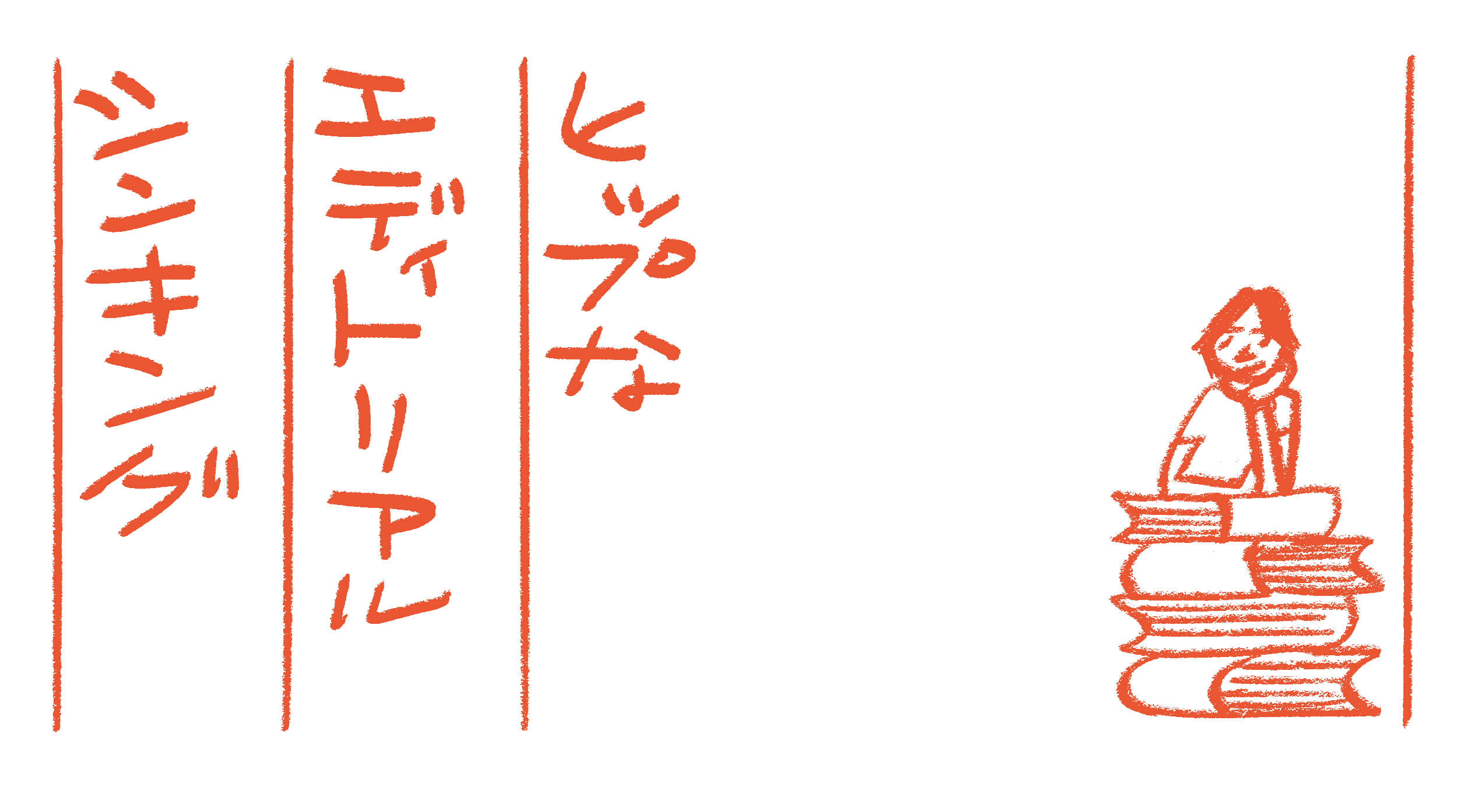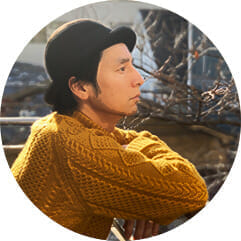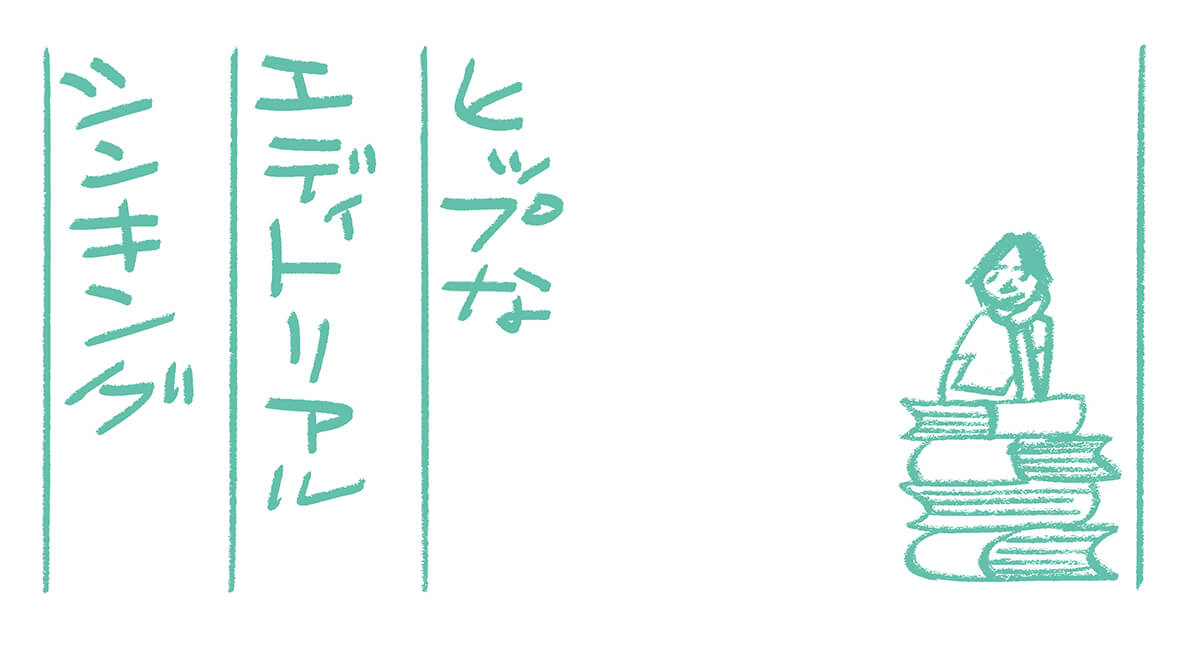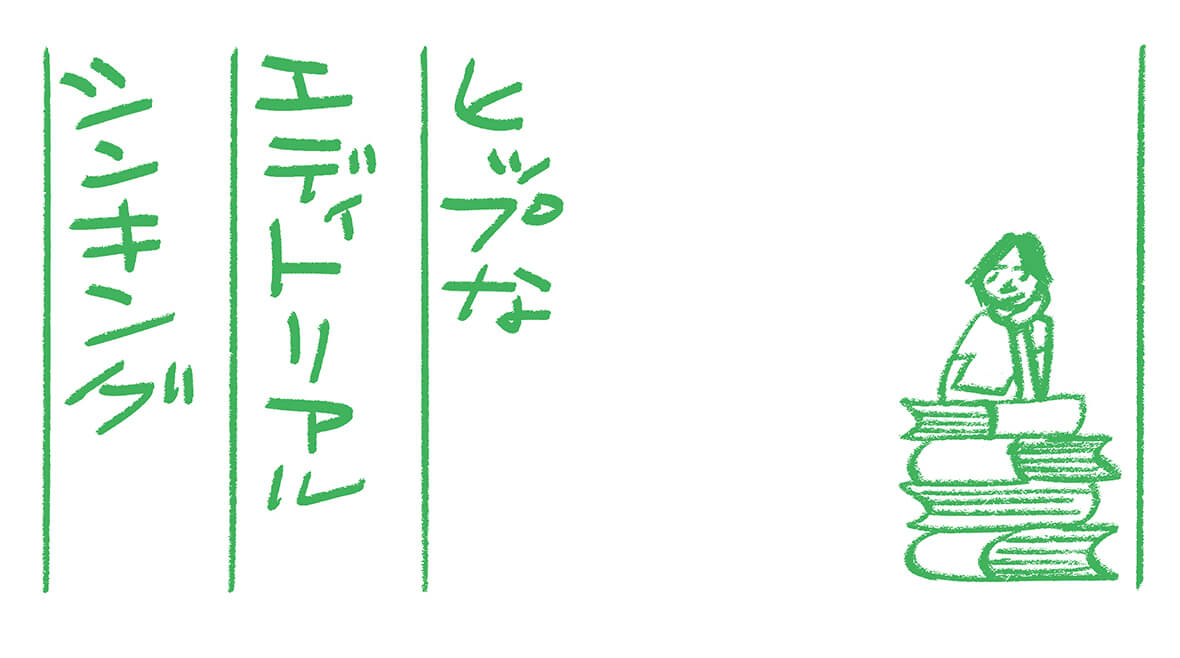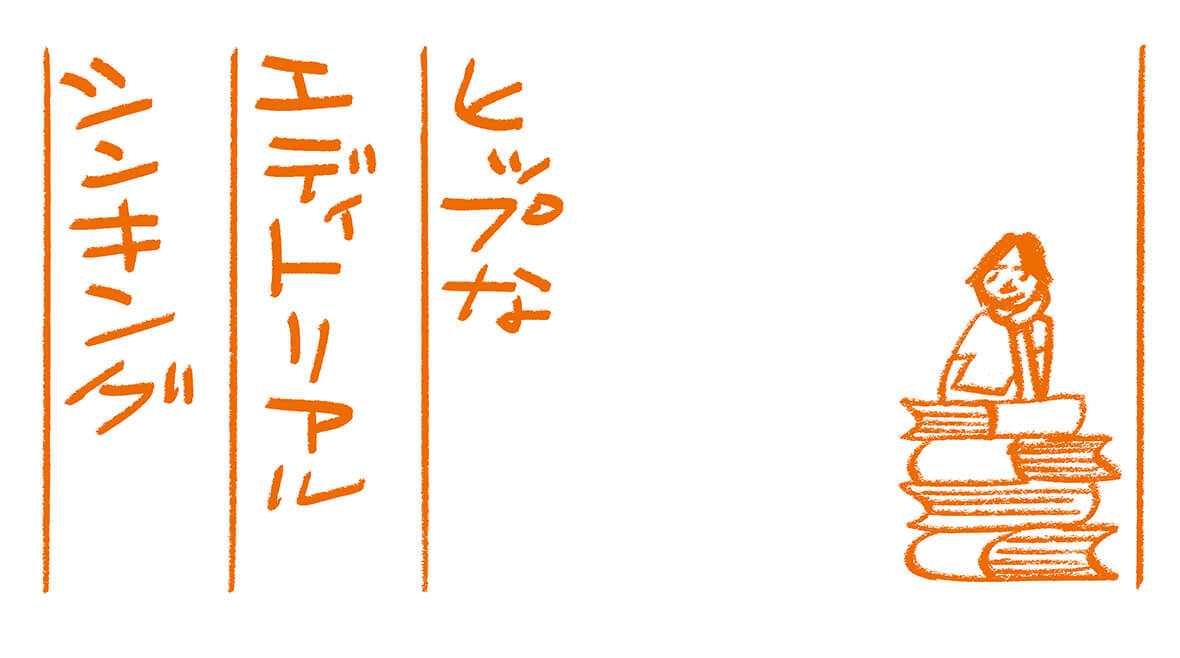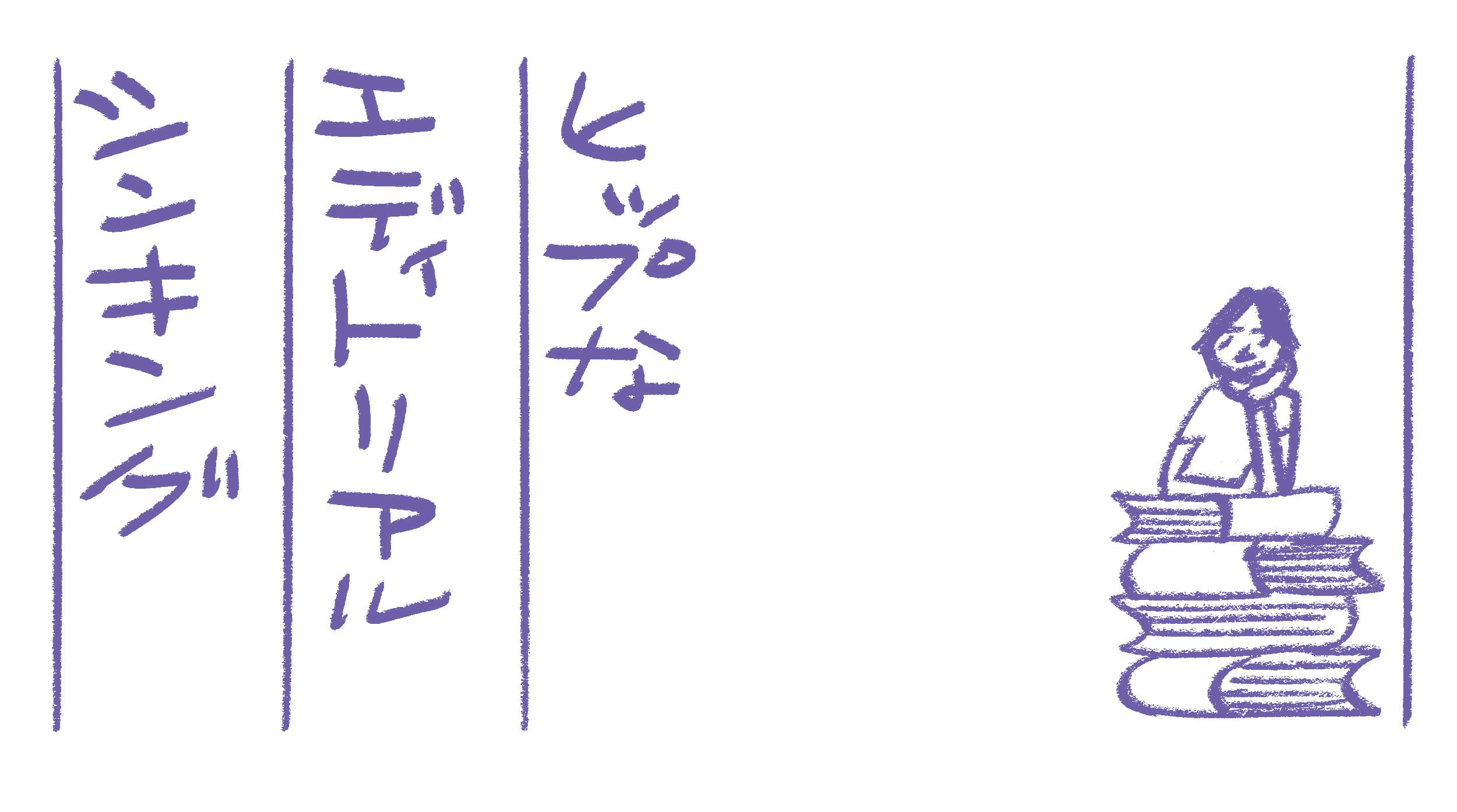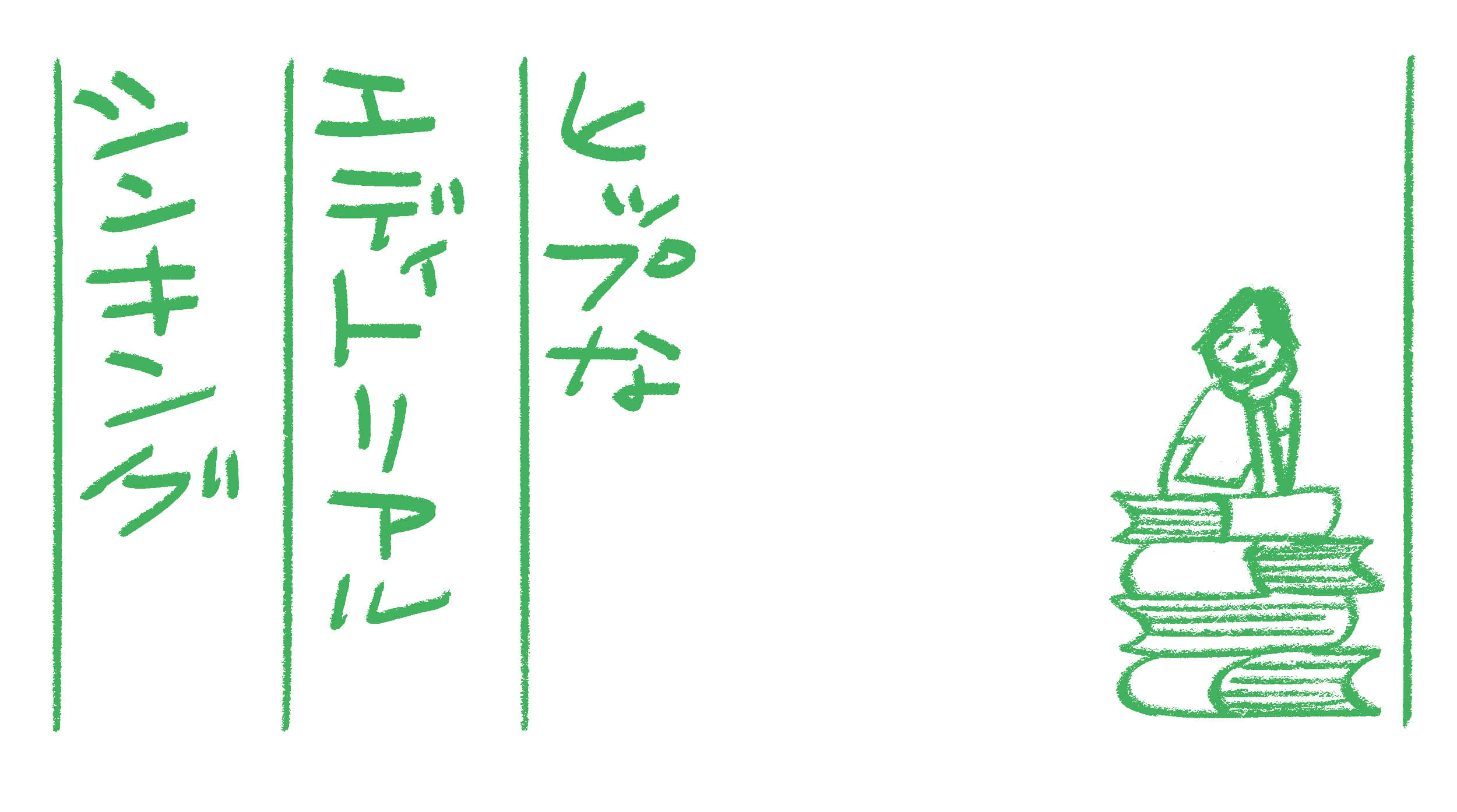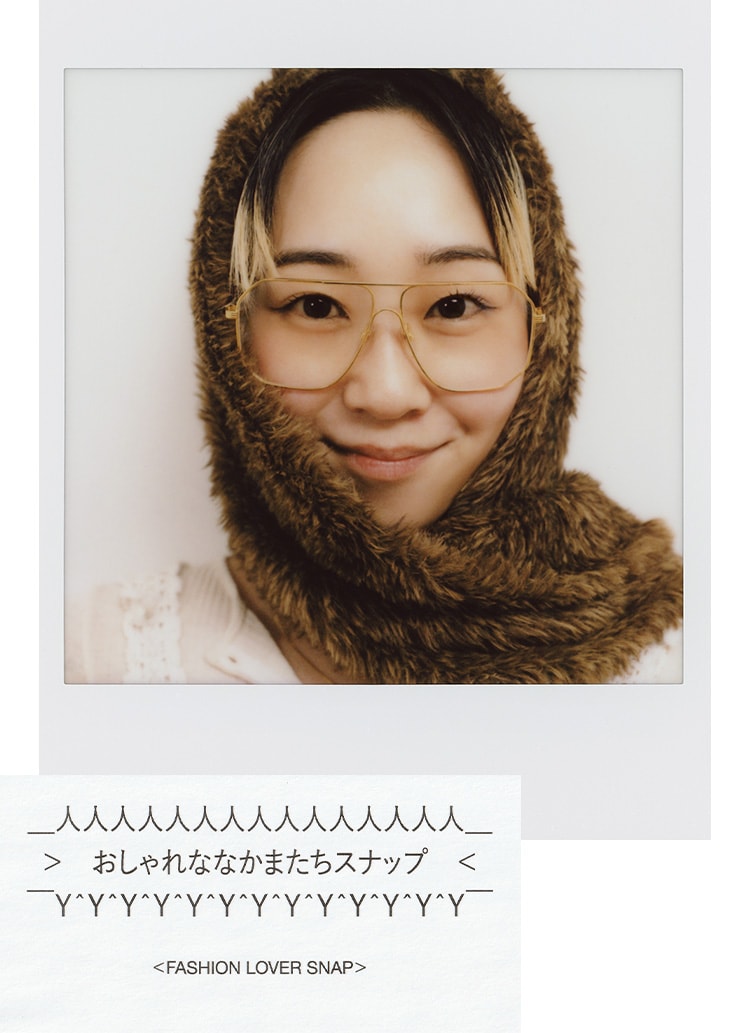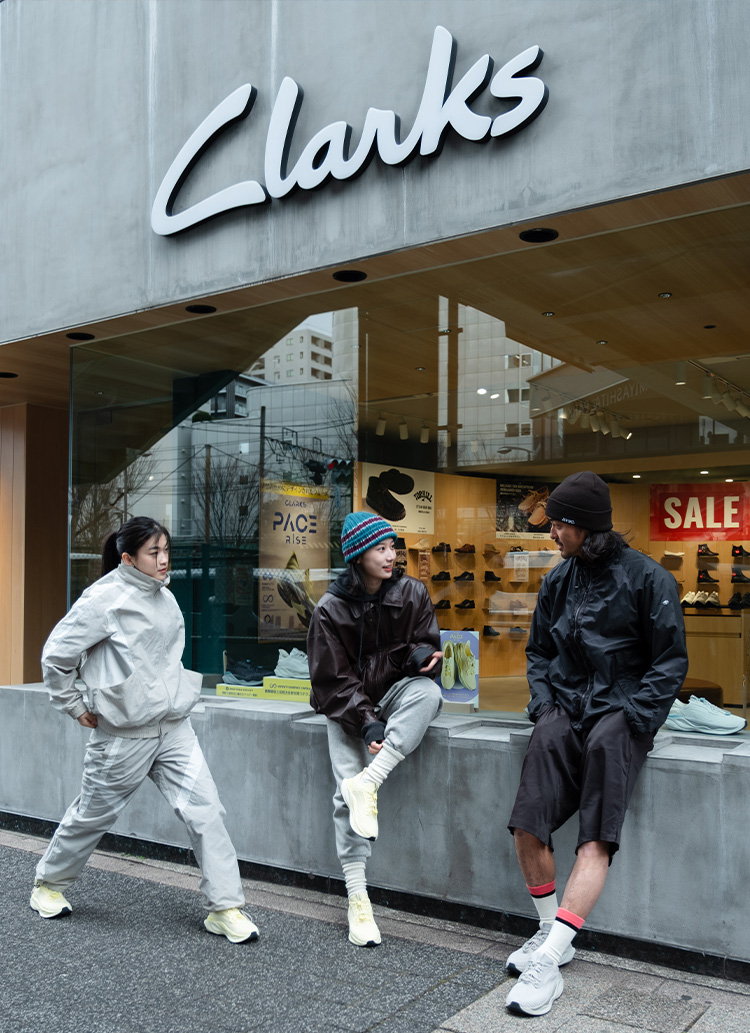The 8thLet's read a book.
Practice is work , games are collections. These are the words of an athlete.
I played soccer from elementary school all the way through high school. . Unlike many people, I don't really like to practice.
I'm not too certain what practice was like in elementary school, but I think it was just for fun, since we were not a strong team.
From junior high school, however, they were spartan, as in the Showa era athletic clubs, and practice always began with a run.
Every athletic club starts practice with a run, and ends with a run before the organizational exercises. They run without pause throughout the practice. Running is hard. . Maybe it's because I can't find any game in it. But if you can't run, it won't help you in a game. In other words, running was practice, and practice was running. . though in my road work when I was in my senior year, I skipped it on the way to school and pretended to run with the group on the way back.
Well, that's about the extent of his enthusiasm , he was an unmotivated soccer player.
Some time after I started working, a group of my nightlife friends and I talked about forming a soccer team. They were a group of friends who drank and danced until morning every night.
There was a bar called Club Jamaica in Takagi Town , and the team was formed mainly by the people who gathered there. Bob Marley plays soccer. . that's why.
. the J-League is still a long way off. . Still, taking a soccer field in Yoyogi Park is not easy. . Even in those days, there were soccer enthusiasts in their own way.
For the first time in a long time, the full court was rickety with grass mixed with weeds . In fact, the ground in Jamaica was probably cleaner.
There were a few people there who had played soccer before, but they all laughably couldn't run. . no wonder, since I haven't run in years. . my body can't move even when I try to match my body with the afterimage of my former mobility. . I was like a father with tangled legs at an athletic event.
The grass soccer team then gets more and more teammates, and the inexperienced ones are shaken off and get into reasonable shape. Then it becomes fun. . and then the desire to be able to move more started to grow. From there, he joined a gym, and running became a habit.
I have been running voluntarily for 30 years, not because a teacher or coach made me do it. I started running for soccer, and although my goals changed along the way to running full marathons and staying fit, I still run. . If you ask me if I enjoy it, I can't answer that question. . but I do enjoy the fact that at my age, I can play soccer and still move reasonably well.
Running is hard. It may be hard for some people. . but in order to reap the delicious fruits, one must volunteer to go through the exertion.
Editing a magazine is a process of meeting people, listening to their stories , and putting them into writing. . or to scour a lot of material, summarize the content, and organize it. . and put them together in front of you, and arrange them to fit the page and the space. . Sometimes photographs are needed, sometimes illustrations must be ordered. . it is my job to make sure all those materials are in place and consistent.
There are many things that are required. We need an art director's sense to judge whether the visuals are good or bad , and a curator's sense to know the trends in illustration and photography.
. but that point could be left to outside sources to do the job. There are creative directors and photographers who shine like shining stars in the world, as well as illustrators and art directors who seem to be contemporary artists.
What are the most important and fundamental qualities of editorial work? It isI can read a sentence.This is the reason.
. of course, we also need the kind of communication skills that we hear about here and there these days. . This is important in any industry, and there is no need to go into it here. For an editor, being able to converse with all kinds of people without hesitation should be as natural as a guitarist being able to play any style of guitar. But even more important is to read the text accurately.
Without the ability to read, it is impossible to read materials or check manuscripts written by others, such as writers. Without accurate reading comprehension and vocabulary, it is impossible to determine correctness or incorrectness.
In addition, editors must write proposals and articles themselves. The proposal must be simple and logical, while the main text, title, and lead may require a poetic sense. These outputs cannot be achieved without an enormous amount of input.
In short, if you can't read a sentence, you can't write one.
Babies first understand language through their ears . Then they speak. In the same way, writing begins with reading, and writing comes later.
I think the elementary school Japanese curriculum is also in this order.
Reading a text may seem easy, but reading it accurately is not.
In recent years, I read in newspapers and other media that the reading comprehension of middle and high school students is declining. . It is also said that the percentage of correct answers in math writing has been declining. This is not due to a decline in mathematical ability, but rather a failure to read the questions correctly, in other words, a lack of reading comprehension.
Noriko Arai, a professor at the National Institute of Informatics, developed a reading skills test to examine the basic reading skills of its junior and senior high school students. Twenty-five thousand people across Japan have taken the test.
For example, the following issue .
The question is whether the following two statements are the same or different.
The shogunate expelled the Portuguese in 1639 and ordered the feudal lords to guard the coast.
In 1639, the Portuguese were expelled and the shogunate was ordered by the feudal lords to guard the coast.
Percentage of correct answers is 711 TP10T for high school students; 511 TP10T for middle school students.
Of course you guys reading this can't be wrong. But no high school student close to 30% can accurately read a sentence like this.
Come to think of it, the same kind of data was included in Mr. Osamu Tena's "More is Not Enough to Say". In it, he points out that one-third of Japanese people cannot read Japanese .
PISA, the Programme for International Assessment of Academic Achievement (PIAAC), is an international survey of adults between the ages of 16 and 65 that measures reading comprehension, numeracy, and IT-based problem-solving skills needed for work. The OECD (Organization for Economic Cooperation and Development) is an international survey of adults aged 16 to 65 years old, covering approximately 157,000 people in 24 countries and regions, mainly from developed countries that are members of the OECD (Organization for Economic Cooperation and Development). In Japan, the results were compiled in 2013 as the International Survey of Adult Competencies.
This test is a 5-point scale with levels ranging from 1 to 5. Level 4 or higher is required for white-collar jobs.
According to the report, the error rate was 27.71 TP10T, the same as the aforementioned reading test results.
Whether one considers this a surprising number or not depends on one's point of view . . But it is troubling when one-third of them are aspiring editors.
In this job, a high level of language skills is essential, just as there is no cab driver without a driver's license.
The best way to improve Japanese language skills is to read.
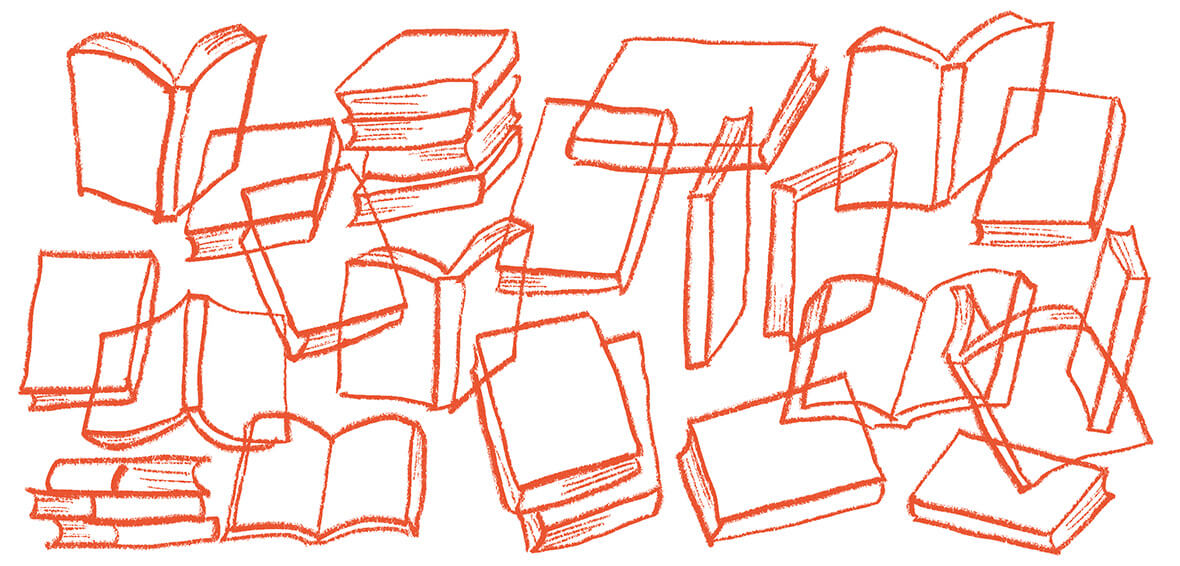
Those who aspire to a career in editing must have loved books from the time they realized they wanted to be an editor . They have spent their entire childhood reading books, lost track of time, and have grown up with a vague idea that they would eventually like to work in the book industry.
If this does not apply to you, and you are aiming to become an editor because you think the job of editor looks cool or you want to work in general lifestyle such as fashion and interior design, and you have not read many books, then it is not too late to start. Just read. Read thoroughly. Read overwhelmingly.
Just as you have to run if you want to be a good soccer player, I have read many books to become a good editor.
Fortunately, here in Japan, we are one of the few countries in the world where people read a lot.
As well as producing many of the world's greatest writers, most of the world's classics and important articles are translated in their native language, Japanese. The "knowledge" of philosophy, thought, history, natural science, and all other fields can be read in plain, modern Japanese. . This is an extremely valuable legacy left to us by our predecessors.
One of the problems is hidden here, as to why people in developing countries study English so diligently, while the Japanese lag behind.
In order for people in developing countries to access "knowledge" that has not been translated into their local language , they must learn English. Those of us who can read them in Japanese are relatively less motivated to acquire English.
. leave this aside since language acquisition is not the subject here.
I know how blessed we are in that sense.
Moreover, public libraries have a very extensive collection of books. Recently, a system has been set up that allows users to check the availability of books on the Internet and even make reservations. And all of these services are free of charge. It is a reading paradise.
As one would expect, you have to wait in long lines to borrow a new bestseller, but if you hit every one of the classics you hadn't read, I'm sure they will still be in stock after you retire from work.
Any genre. Humanities, classic novels , mysteries. There is much to be gained in the rhythm of the writing, the choice of vocabulary, the unique metaphors, etc. . . and not a few more discoveries. Even if you don't have a hard time, even if you don't have a painful experience, the pseudo-experience of reading will remain.
. You are not aiming to become an expert in any particular field. . Let's just take it easy and read it from one end to the other to pass the time.
Let me draw on the reading techniques of Takashi Tachibana , a journalist and author who recently passed away and was known as a voracious reader.
1 Spare no money and buy the book.
2 Always ask for some similar books.
3 Don't be afraid of making a bad choice.
4 Don't force yourself to read anything that doesn't meet your standards.
. 5 Even if you decide to stop reading a book at the end of the book, just page through to the end.
6 Learn to speed read.
7 Don't take notes while reading a book.
. 8 Don't be fooled by the opinions of others or by book guides.
9 Don't skip over the annotations.
. 10 Remember to be sceptical when reading a book.
11 Whenever you come across a passage that makes you wonder, ask yourself how the author obtained this information or where the author bases this judgment.
12 Whenever you doubt something, push the doubt until you come up against the original data, the raw facts.
13 When you come across a part of a translation that you don't understand, instead of doubting your own head, first suspect that it might be a mistranslation.
. 14 No matter how much knowledge you gain in college . . When you are young, make time to read books, no matter what.
I have been focusing most on the second part of this reading strategy myself. In one of his books, he explains, and I vaguely remember, that if you want to research something, buy all the similar books in the bookstore and read them, so that you can understand the general outline of the book, even if you are not an expert in that particular field.
. This approach helped me tremendously when I was researching something for work. . the strange feeling of superiority I get when I bring seven or eight similar books to the checkout counter at once. . It's a bit of an expense, but it's a nice feeling. I feel smarter even though I haven't read them yet. Of course, I have deadlines to meet, so I can't read them all in detail. . I read the book in my own way, which is to say, I read it quickly, or rather, I read it in the same way as I read the book.
In fact, I have followed this teaching and had several such reading experiences, but there are many "failures of choice" in number 3. number 1, to buy books without sparing money, well, that's what it means. . which means that I wanted a book that was above the standard.
Many of them are difficult humanities books that have become a handful and are on display on the bookshelves.
Not only reading , but also reading weekly magazines and journals is helpful.
The latest topics are good for communicating with others, and above all, they provide access to the latest information. A writer's stylish essay is a good light read to get the rhythm of his or her writing into your body.
These days, we can also benefit from technology in this area.
Platforms such as Docomo, Amazon, and Rakuten have started magazine subscription services.
I subscribe to docomo's "d Magazine" and can read over 200 magazines for 400 yen/month. Some pages may not be included in the magazine, but even so, I can't read all of them. If I wanted to read them, I would have to devote all my disposable time to it.
. when you get a job, you just do what you are told to do. . This is not a good work life.
If you just hit back the ball as it comes to you, you will always be an alternate. . If you want to be a regular, you have to practice hard.
When you've been running for 30 years, there are times when you catch a cold and can't run, or you get injured for an extended period of time and can't run. . but even if I take a break and run for a while, I can still run reasonably well. This is when the years of savings come into play.
The editor's job is to read.
PROFILE
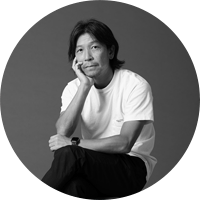
After working as a freelance editor, he founded Lino Inc., a production company that handles editing and production, etc. In 2004, he launched HOUYHNHNM.


